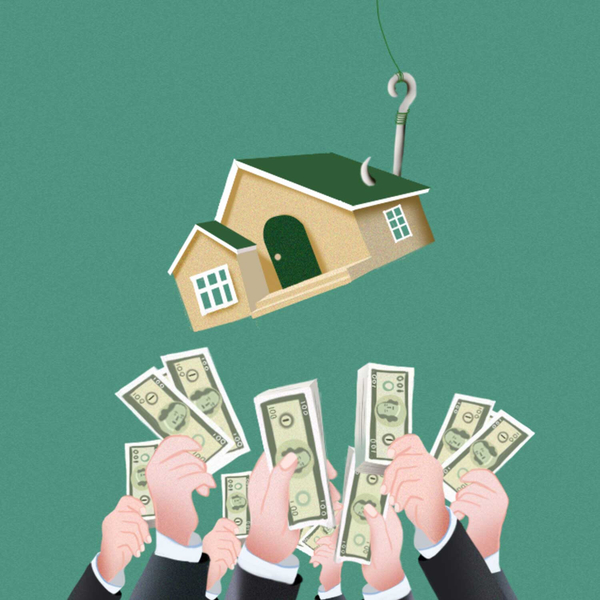
The Money Game: Exploring the World of Michael Lewis's Financial Adventures
- 13:15
- November 30th 2023
What is the warning at the end of The Big Short?
The warning at the end of the movie "The Big Short" is a statement that appears on screen at the conclusion of the film. It states, "In 2008, the world experienced a financial crisis that would come to be known as 'The Big Short.' While it's tempting to think that because it's over, it could never happen again, the truth is that it will, some day. Because the same behavior that created it last time is still unchecked, and is still rewarded. There will always be money men who crave huge bonuses and have a complete disregard for risk. And there will always be ratings agencies willing to grade them as safe. The Big Short is a lesson to be learned about the dark side of human nature, and the consequences of unchecked greed."
This warning serves as a cautionary reminder about the potential for future financial crises and highlights the cyclical aspect of such events. It suggests that unless regulations and oversight are improved, the same risky behavior and unchecked greed that led to the 2008 financial crisis may resurface in the future. The film aims to raise awareness of these issues and encourage viewers to consider the structural problems in the financial industry that allow such events to happen.
How did they profit in The Big Short?
In the movie "The Big Short," the main characters, portrayed by Steve Carell, Ryan Gosling, Christian Bale, and Brad Pitt, are a group of investors who discover the impending collapse of the housing market and the resulting subprime mortgage crisis. They then bet against the housing market by purchasing credit default swaps (CDS) from various banks and financial institutions.
By purchasing CDS, the main characters essentially bet that the value of mortgage-backed securities (MBS) and collateralized debt obligations (CDOs) will decline, allowing them to profit from the collapse. As the housing market crashes and defaults on mortgage payments increase, the value of these CDS rises, resulting in substantial profits for the characters.
Throughout the movie, they face various challenges and hurdles as they try to convince others about the impending financial crisis. However, as the market collapses in 2008, they are ultimately able to profit from their investments, earning significant returns.
It is important to note that "The Big Short" is based on the real-life events leading up to the 2008 financial crisis. The characters portrayed in the movie were real investors who predicted the outcome and profited from the collapse of the housing market.
What is The Big Short book about?
The Big Short: Inside the Doomsday Machine is a non-fiction book by Michael Lewis, published in 2010. The book explores the buildup to the 2008 financial crisis and delves into the inner workings of the global financial system. It focuses on the few individuals who predicted the housing market bubble and subsequent crash, allowing them to make enormous profits by betting against the risky mortgage-backed securities. The book provides an in-depth analysis of the complex financial instruments and practices that contributed to the collapse, including subprime mortgages, collateralized debt obligations (CDOs), and credit default swaps. Lewis also discusses the role of Wall Street banks, rating agencies, and regulatory agencies in the crisis. The Big Short serves as a critique of the prevailing greed, arrogance, and lack of accountability within the financial industry, while bringing attention to the systemic issues that led to the global economic meltdown.
Read Book Briefs Podcast
Welcome to the Read Book Briefs Podcast, where we explore the world of literature in bite-sized episodes. If you're an avid reader or just looking for some book recommendations, this podcast is for you.
Each episode, we'll dive into a different book and give you a brief summary of the plot, characters, and themes. We'll also discuss our thoughts and opinions on the book, including what we loved and what we didn't.
But that's not all - we'll also interview authors, publishers, and other experts in the literary world to get their insights and perspectives. Whether you're a fan of fiction, non-fiction, or anything in between, there's something for everyone on the Read Book Briefs Podcast.
So grab a cup of tea, curl up with a good book, and join us every week as we explore the wonderful world of literature.